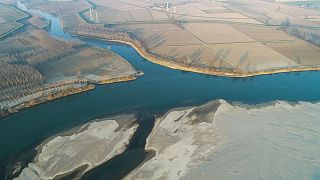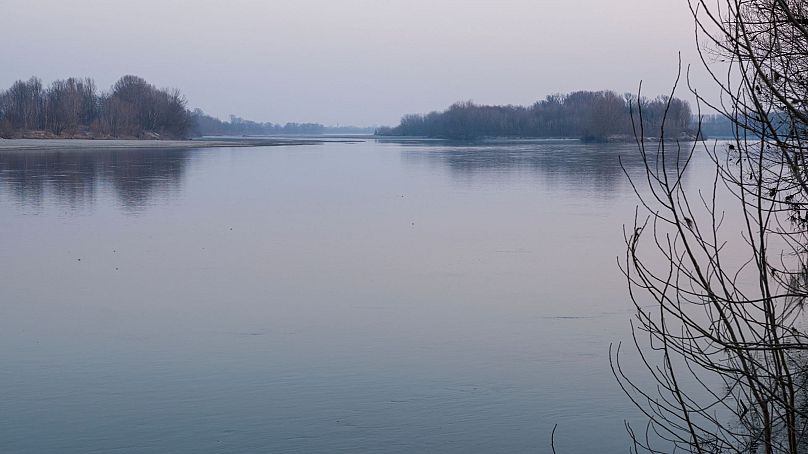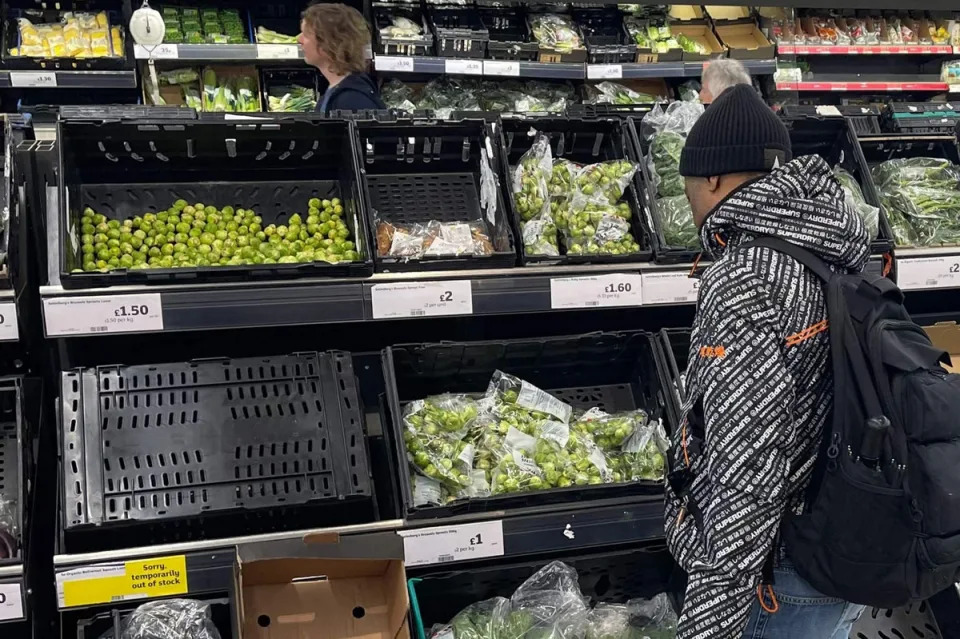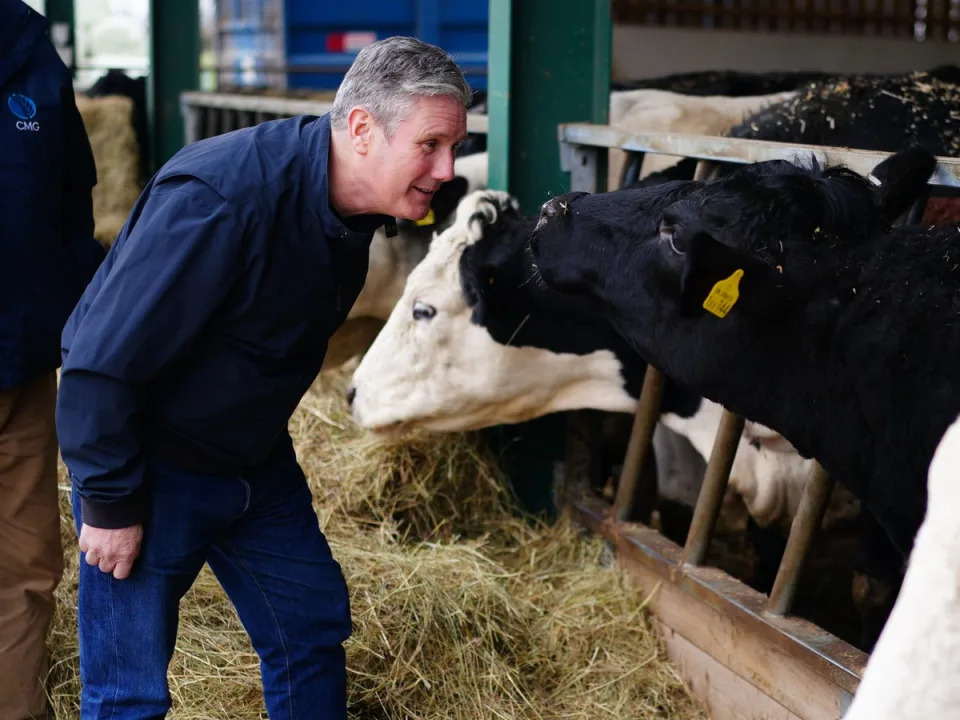Tamsin Rose
Tue, 21 February 2023

Photograph: EPA
The number of greyhounds injured or dying on New South Wales racetracks has surged, with a new report from the state’s industry regulator finding that last winter was the worst on record for the sport since 2018.
Data released by the Greyhound Welfare and Integrity Commission (GWIC) revealed 67 dogs suffered “catastrophic and major” injuries from July to September 2022. Of those, 19 died.
Overall, there were 939 injuries across all categories, representing injuries to 21% of the dogs that raced over the three months.
Related: NSW won’t review decision to allow ‘inhumane’ greyhound breeding technique
Injuries include breaks, muscle tears, cuts, strains, scratches and catastrophic traumas causing death, as well as euthanasia. For every 1,000 starts, there were 38 injuries reported.
The figures represent an overall increase on every third-quarter period since 2017, and are the highest since 2018, when comparable records began.
Advocates for greater regulation of the industry have questioned how the figures could be so high after the government pledged $30m for track improvements between 2017 and 2022 in response to the extensive Greyhound Industry Reform Panel report.
The commission will explore whether heavy rain caused by La Niña could be blamed for the uptick in injuries.
“GWIC will explore potential reasons for the observed increase in injury in this quarter, including the very high rainfall across much of the state,” the report read.
Data is compared between quarters, the commission explained, to reduce the influence of seasons and provide a more accurate picture of long-term trends. The commission noted that injury rates were usually higher over the hotter months covered by quarters one and four.
The Coalition for the Protection of Greyhounds’ NSW director, Kylie Field, said the industry had not improved safety for dogs and if wet weather was causing problems then dogs should not race in those conditions.
“This industry continually talks about safety standards for the dogs and it’s just a load of nonsense,” she said.
“They were racing even being aware the tracks would be slippery, and there might be a greater risk that dogs would be killed.”
Field said the government needed to explain where the money pledged to improve safety in the industry was going and how it would act on the back of the most recent report.
“We still don’t have full transparency from the government on where that money’s gone,” she said.
Longer-term trends based on annual running averages also indicated an overall increase in injuries over the past 12 months, as well as increases in three categories. One category remained stable and overall deaths were declining since 2017.
The commission and the minister responsible for greyhound racing, Kevin Anderson, have been contacted for comment.














